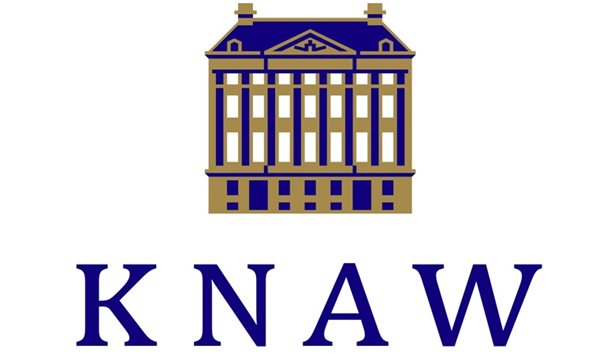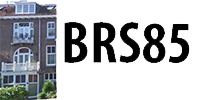 The Royal Netherlands Academy of Arts and Sciences (KNAW), University of Amsterdam (UvA), VU University Amsterdam (VU), Netherlands eScience Center (NLeSC) and IBM are developing a long-term strategic partnership to be operationalized as the Center for Humanities and Technology (CHAT). The members and partners of CHAT will create new analytical methods, practices, data and instruments to enhance significantly the performance and impact of humanities, information science and computer science research. The anticipated benefits of this partnership include:
The Royal Netherlands Academy of Arts and Sciences (KNAW), University of Amsterdam (UvA), VU University Amsterdam (VU), Netherlands eScience Center (NLeSC) and IBM are developing a long-term strategic partnership to be operationalized as the Center for Humanities and Technology (CHAT). The members and partners of CHAT will create new analytical methods, practices, data and instruments to enhance significantly the performance and impact of humanities, information science and computer science research. The anticipated benefits of this partnership include:
- transformational progress in humanities research and understanding to address societal challenges,
- significant improvements in algorithms and computational instruments that deal with heterogeneous, complex, and social data,
- societal benefits through novel understandings of language, culture, and history.
Four important humanities challenges have been identified, relating to the ways in which perspectives, context, structure and narration can be understood. More specifically, these can be expressed as: understanding changes in meaning and perspective, representing uncertainty in data sources and knowledge claims, understanding how patterns and categories are made and stabilized, capturing latent and implicit meaning, and moving from sentiment mining to emotional complexity.
We see many important scientific and technical challenges that promise breakthrough scholarship in the humanities. The work in CHAT will focus on the following areas:
- Cognitive Computing,
- Network Analytics,
- Visualization,
- Text and Social Analytics,
- Search and Data Representation
Cognitive Computing
Cognitive computing systems collaborate with humans on human terms, using conversational natural language as well as visual and touch interfaces. We envision cognitive systems will be able to learn and reason, to interact naturally with humans, and to discover and decide using deep domain knowledge.
Network Analytics
Contemporary network theory and technologies have transformative potential for the humanities by extending the scale and scope of existing work and by providing a framework for analysis.
Visualization
Access to large, multimodal datasets has created both challenges and opportunities for humanities researchers. New visualization instruments are required for interactive discovery of meaning across time and integrating multiple modalities. Progress is also needed in the underlying analytics on which these multi-layered visualizations are produced.
Text and Social Analytics
With current text analytics, we can perform computation of attributes of text, pattern detection, theme identification, information extraction, and association analysis. We envision ongoing improvements in lexical analysis of text, topic extraction and summarization, and natural language processing (NLP) of meaning and associations within the text.
Search and Data Representation
One of the key challenges in modern information retrieval is the shift from document retrieval to more meaningful units such as answers, entities, events, discussions, and perspectives. Advances in this area will help humanities scholars in important exploration and contextualization tasks.
In addition to the underlying core technologies described above, significant challenges are also present in both the computing and collaboration infrastructures to achieve the desired transformation of digital humanities scholarship.
Hosted services for ‘big data’ must deliver easy access to both historical and ‘born digital’ data that comprise contemporary digital humanities research. Innovative collaborative platforms, social learning approaches, and new work practices are needed to promote and support data sharing and collaboration across multi-disciplinary, distributed research teams.
Transforming both humanities and computer science research will equip CHAT to contribute to meeting important societal challenges. Computers and computational methods, since their widespread development and diffusion in the second half of the 20th century, have transformed the ways in which people work, communicate, play, and even think. Humanities research contributes substantially to the development of the human spirit, and to critical reflection, especially in debates about social inclusion, multiculturalism, and the role of creativity in education, work, and elsewhere. Humanities research also makes Sally Wyatt and David Millen (eds.) a vital contribution to many sectors of economic and cultural life, including media, heritage, education, and tourism. Humanities research has also contributed to innovations in computer technology, for example via predictive text, now available on all mobile devices. We believe that collaboration among humanities and computer science researchers in CHAT will lead to significant breakthroughs in both areas, and will benefit many other areas of social, technical and cultural activity.
